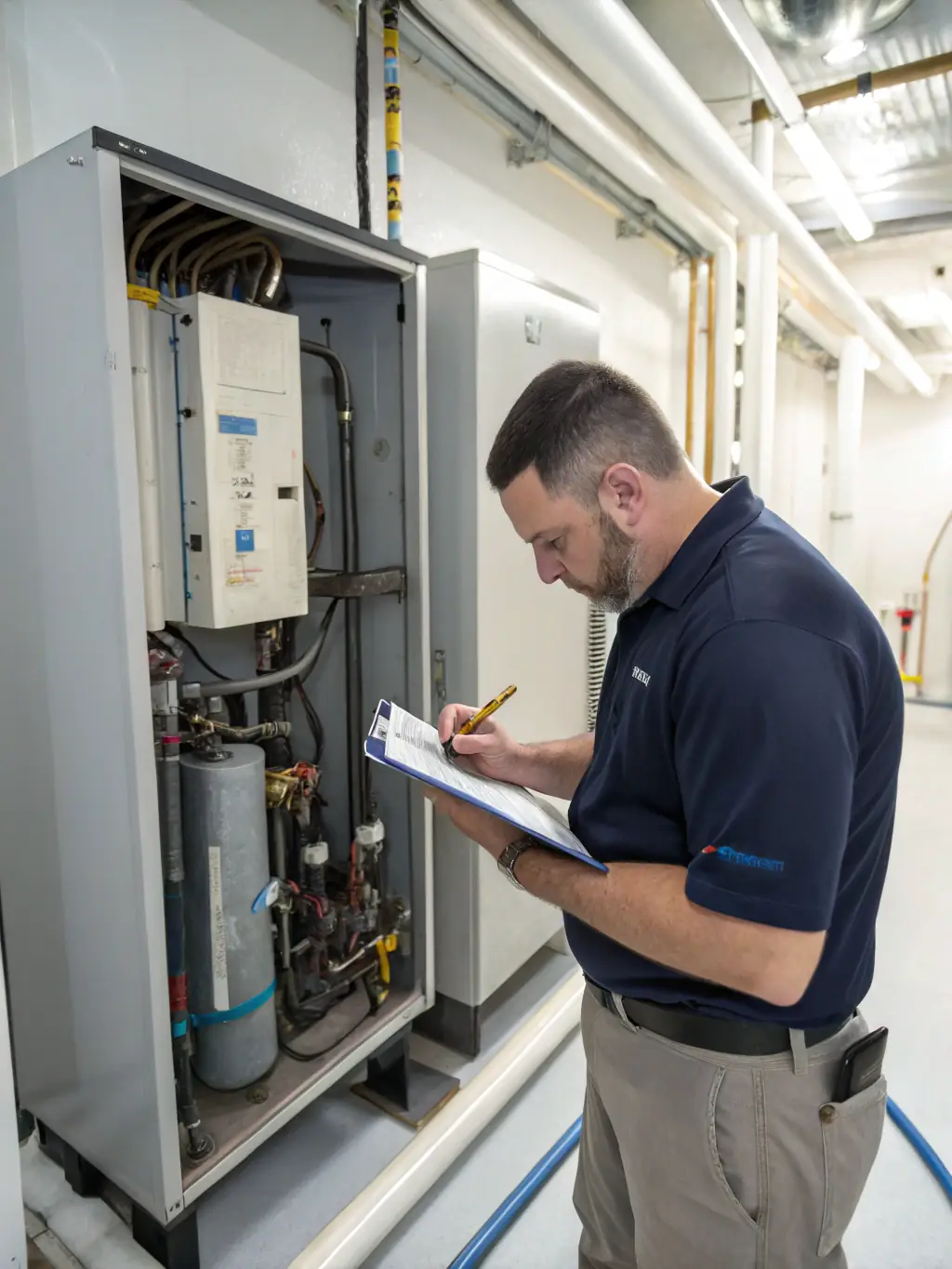If you own, manage, or develop a commercial property in the UK, you’ll need a valid Energy Performance Certificate (EPC). But here’s the catch: not all commercial EPCs are the same. Instead, they are categorised into levels 3, 4, and 5 depending on the building’s complexity and the systems it uses.
This article explains what each EPC level means, which type of property falls under each category, and how to choose the right assessor for your building. By the end, you’ll know exactly what level of EPC your property requires, and how to stay compliant with UK energy regulations.
What Are EPC Levels?
Unlike domestic EPCs, which apply to residential properties, non-domestic EPCs use levels (3, 4, and 5) to classify commercial buildings.
- The level does not indicate energy efficiency. All EPCs still use the familiar A–G energy rating scale, where A = most efficient and G = least efficient.
- Instead, the EPC level refers to the complexity of the building and its energy systems, which in turn dictates the type of assessment required and the qualifications needed by the assessor.
EPC Level 3: Simple Commercial Buildings
Best for: Small to medium properties with straightforward heating and cooling.
Characteristics:
- Heating systems under 100kW.
- Cooling systems under 12kW.
- Standard lighting and ventilation.
Assessment method: Simplified Building Energy Model (SBEM).
Examples of Level 3 Buildings:
- Small shops and restaurants.
- Warehouses without advanced cooling.
- Smaller office spaces.
If your property is straightforward with minimal systems, it’s likely to require a Level 3 EPC.
EPC Level 4: More Complex Buildings
Best for: Large commercial properties or new builds with advanced energy systems.
Characteristics:
- Heating systems over 100kW.
- Cooling systems over 12kW.
- May include variable air volume (VAV) systems, fan coils, or specialist HVAC systems.
Assessment method: Still uses SBEM but with more advanced data inputs.
Examples of Level 4 Buildings:
- Large office blocks.
- Retail stores with centralised systems.
- Industrial units with significant HVAC requirements.
If your building has larger or more complex systems, you’ll need a Level 4 EPC.
EPC Level 5: The Most Complex Buildings
Best for: High-tech, unique, or very large commercial structures.
Characteristics:
- Advanced architectural features such as atria.
- Complex ventilation or automated control systems.
- Use of advanced technology like automated blinds and climate systems.
Assessment method: Requires Dynamic Simulation Modelling (DSM) software, creating a full 3D thermal model of the building.
Examples of Level 5 Buildings:
- Airports.
- Shopping centres.
- High-rise buildings.
Only Level 5 assessors can carry out these EPCs – they are trained in DSM and highly specialised.
How to Determine Your EPC Level
Our accredited Non-Domestic Energy Assessor (NDEA) will evaluate your property during a site visit. They will look at:
- Building type, use, and size.
- Construction materials and design.
- Heating, cooling, ventilation, and hot water systems.
- Lighting systems and controls.
Our qualified Level 5 assessor can assess Levels 3, 4, and 5 properties. A Level 4 assessor can assess Level 3 and 4 properties. But a Level 3 assessor can only assess Level 3 buildings.
Speak to Our Level 5 Accredited Team
Commercial EPC vs Domestic EPC
It’s important to understand the difference:
- Domestic EPCs apply to homes and residential properties. They are simpler, don’t use levels, and focus purely on household energy performance.
- Commercial EPCs apply to all non-domestic buildings and use levels 3, 4, and 5 to classify complexity.
If you’re managing business premises, always make sure you commission a non-domestic EPC.
Why Do EPC Levels Matter to Landlords & Businesses?
Legal Compliance: You cannot sell or rent a commercial property without a valid EPC.
MEES Regulations: From April 2027, all rented commercial properties must have an EPC rating of C or above.
Cost Planning: Higher-level EPCs (like Level 5) require more specialist assessment and are typically more expensive.
Portfolio Management: If you own multiple sites, different properties may require different EPC levels.
Confused? Talk To Our EPC Surveying Specialists Today
Understanding EPC levels (3, 4, and 5) is essential for commercial property owners and landlords. The right level ensures your building is assessed correctly, keeping you compliant with UK law while preparing for future regulations.
At EPC-Hub, we provide nationwide commercial EPC assessments, from small shops to high-rise office blocks. Our accredited Level 3, 4, and 5 assessors are ready to help you stay compliant and achieve the best possible rating.
Call EPC-Hub today on 03301 13 13 43 or request a free EPC quote online.




